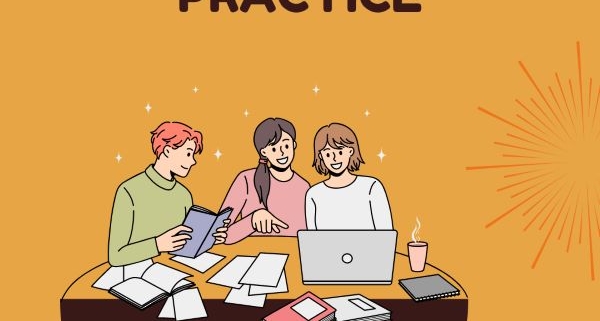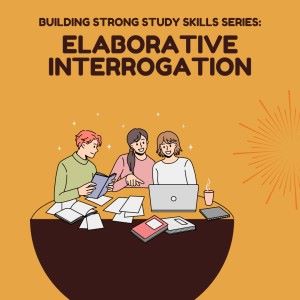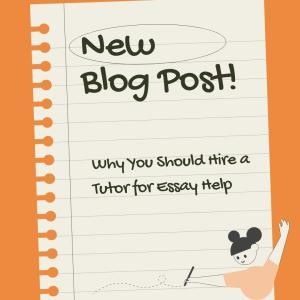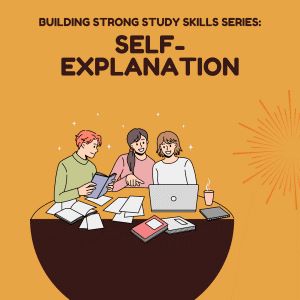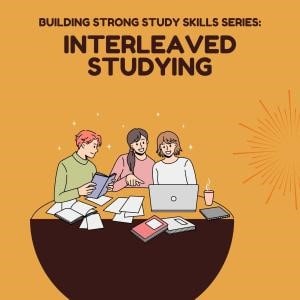Note: This series details how to study smarter, not harder, to help students succeed in their academics. All information in this series draws upon principles from psychological research on learning and memory.
Have you ever put off studying for a test until the night before? How much caffeine did it take to get through the hours of studying? How many hours of sleep did you lose to studying? And do you remember any of the material that you studied?
Studying all of your material in a session right before the test is called massed practice, or cramming. Spaced practice is the exact opposite of cramming and offers significant benefits.
Proper Technique
Spaced practice consists of breaking up your studying into smaller sessions over a longer period of time. It is usually recommended that students study their material on days that they don’t have the class they’re studying for.
For example, if a student has a test in two weeks, a good study practice would be to study, say, 60 minutes on each day that the student does not have that class. If there are four days each week that a student doesn’t have class, that adds up to eight hours of studying!
But students shouldn’t study for a particular subject for 60 minutes straight – they should interleave their studying with other topics.
Tips for Success
Students need to be on top of their studies in order to use spaced practice effectively. Plan out your study days and times to make sure you are on track and prepared for your test. Our tutors are the perfect resource for developing better study habits and can help you make study plans.
Why It Works
Research shows that studying for a total of five hours over a two week period, as opposed to five hours before the test, gives students a greater ability to learn the material and helps them retain the knowledge for a longer period of time.
But why? Learning and memory researchers have a couple leading explanations. The first is that studying for a long period of time offers diminishing returns; or, the longer you study, the less effective it is. After a while, the subject becomes monotonous and students lose focus.
The second theory explains that spaced practice provides a framework of reminding. The more a student is reminded of their material, the stronger their memories of that material become. And, frequent reminding also provides the student with more opportunities to make connections among different ideas.
Summary
Cramming is not a good study habit. Spaced practice provides students with better results and retention of material. And it’s easy to implement! Contact us today to begin building more effective study habits with one of our tutors.
Read Other Articles in The Building Strong Study Skills Series
Sources:
- Terry, W.S. (2018). Learning and Memory: Basic Principles, Processes, and Procedures, Fifth Edition. New York, Routledge, a Taylor and Francis Group. ISBN 978-1-13-864591-2.
- Rhodes, M.G., Cleary, A.M. and DeLosh, E.L. (2020). A Guide to Effective Studying and Learning: Practical Strategies from the Science of Learning. New York, Oxford University Press. ISBN 978-0-19-021447-0 (pbk).

